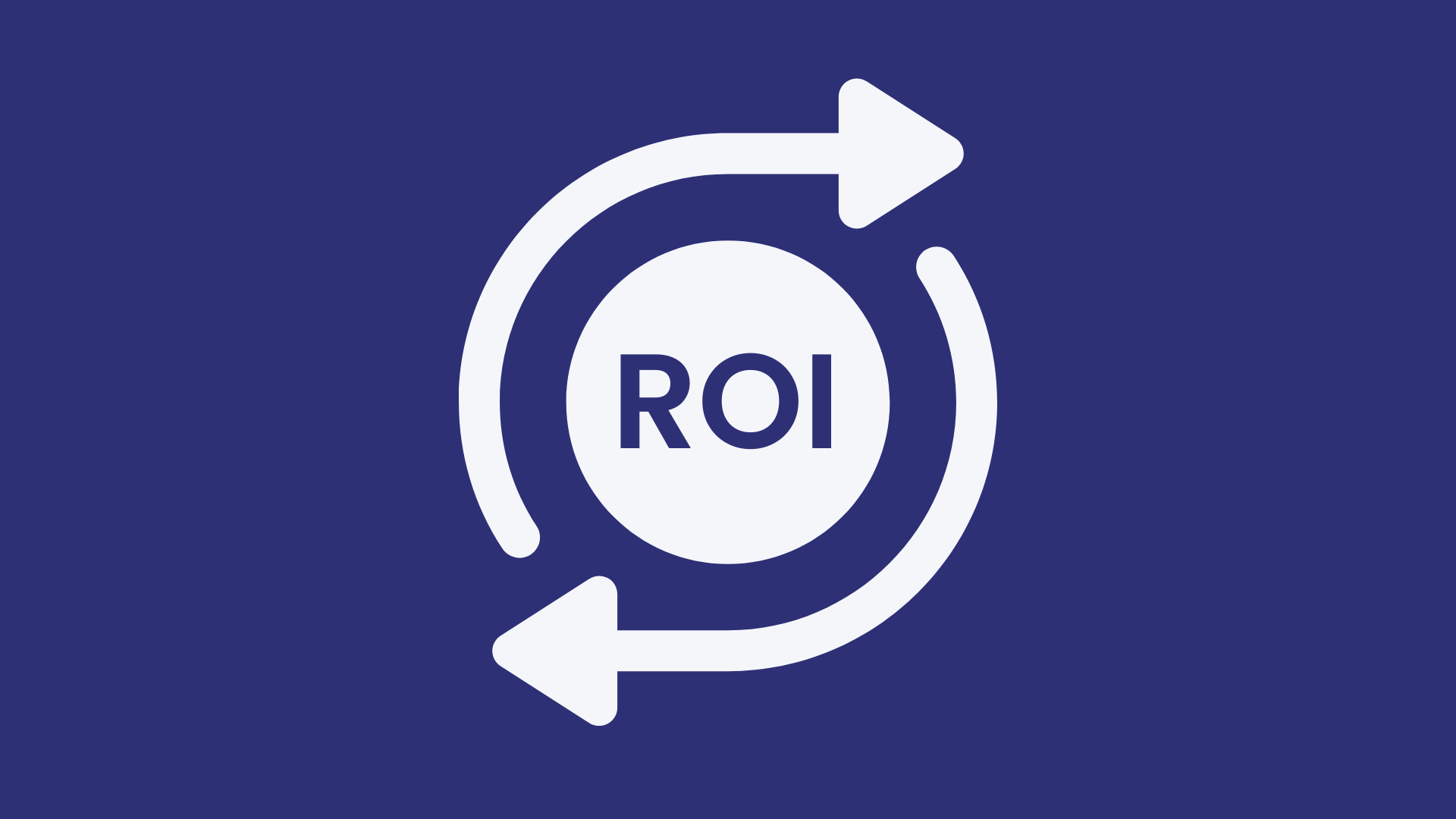Many organisations face challenges when it comes to engaging and retaining blue-collar and frontline workers. These challenges can have a significant impact on employee satisfaction, productivity, and company culture.
Addressing these issues goes beyond simple policy adjustments; and requires a comprehensive understanding of the workforce's needs and aspirations.
10 employee engagement challenges in frontline and blue-collar sectors
1. High employee turnover
This challenge is acute in the blue-collar and frontline sectors. High turnover is costly, leading to constant recruitment and training of new employees, loss of experienced workers, and disruptions in operations. Addressing turnover requires a multi-faceted approach, focusing on improving employee satisfaction, engagement, and organisational culture.
Recommended reading: Reduce turnover and sick leave with Eletive
2. Career advancement opportunities
In many organisations, there is a common misconception or reality that blue-collar workers have limited opportunities for career growth. This lack of upward mobility can result in reduced job satisfaction and higher turnover rates. To address this, companies must establish clear career pathways and development opportunities to promote a sense of progression and accomplishment.
3. Physical and mental health challenges
Many blue-collar jobs can take a toll on both physical and mental health. To address this, comprehensive health and wellness programs are essential. These should support employees' physical well-being and acknowledge the stress and mental toll of these roles.
4. Communication and engagement
Frontline workers often report feeling disconnected from the overarching goals and strategies of their organisations. This disconnect stems from inadequate communication channels, leading to a sense of detachment from the company's mission and values. Cultivating effective communication and engagement practices is crucial in bridging this gap.
5. Safety concerns
Workplace safety is paramount in the blue-collar sector. Insufficient safety measures or a perceived neglect of safety protocols can significantly impact employee satisfaction and retention. Implementing rigorous safety standards and ensuring their adherence is not just a regulatory necessity but also a moral imperative.
6. Job security
With the advent of automation and technological advancements, job security has become a pressing concern. This uncertainty fuels anxiety among workers, who may seek more stable employment options. Organisations must navigate this challenge by transparently addressing these concerns and offering reskilling opportunities.
7. Recognition and respect
The contributions of blue-collar and frontline workers often go unrecognised, affecting their morale and loyalty. Cultivating a culture of recognition and respect is vital in valuing their contributions and enhancing their sense of belonging and pride in their work.
8. Cultural and language barriers
The diversity in the workforce introduces language and cultural barriers, leading to potential communication challenges and misunderstandings. Embracing this diversity and implementing inclusive communication strategies can enhance mutual understanding and collaboration.
Recommended reading: Global employee surveys in multiple languages
9. Training and skill development
Keeping up with technological changes requires continuous training and skill development. This poses challenges in terms of investment and ensuring active participation from the workforce. Organisations must prioritise and facilitate ongoing learning and upskilling initiatives.
10. Diversity and inclusion
This challenge involves creating a work environment where all employees, regardless of their background and identity, feel valued and included. In blue-collar and frontline jobs, where there can be a wide range of cultural, ethnic, and gender diversity, it's crucial to foster an inclusive culture. Challenges include addressing biases, ensuring equal opportunities, providing training and support for diverse needs, and promoting a culture of respect and understanding across all levels of the organisation.
Recommended reading: Increase diversity and inclusion with Eletive Tackling all these challenges demands a comprehensive approach that encompasses competitive compensation, growth opportunities, robust communication, a focus on health and safety, and a culture of respect and appreciation. By focusing on these areas, you can build a highly engaged, satisfied, and committed workforce, resulting in improved productivity and success.



























:format(jpeg)/f/288714721386412/ff1d655fa1/blog-10-employee-engagement-challenges-in-frontline-and-blue-collar-sectors-hero_media.jpg)
:format(jpeg)/f/288714721386412/1280x720/94229f239a/blog-11-best-people-analytics-tools-in-2026.jpg)
:format(png)/f/288714721386412/1200x675/4bf26615f3/virtual-hr-event-people-success-2026.png)
:format(jpeg)/f/288714721386412/1280x720/19af6a1ff1/blog-culture-amp-alternatives-hero.jpg)